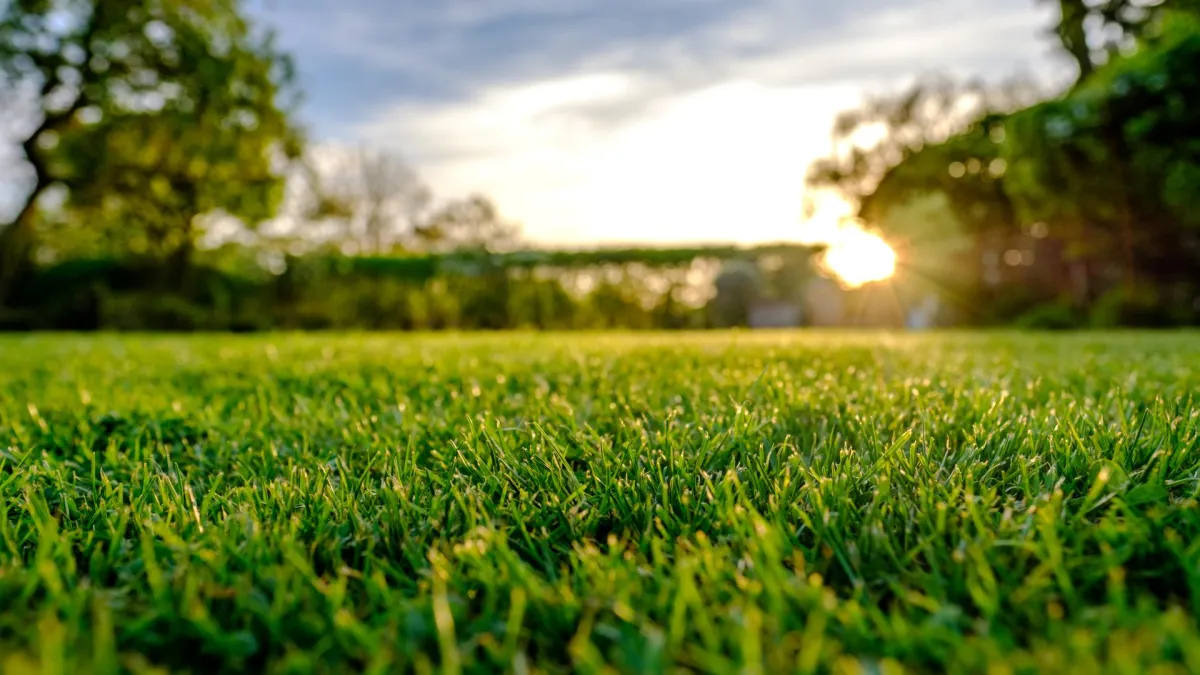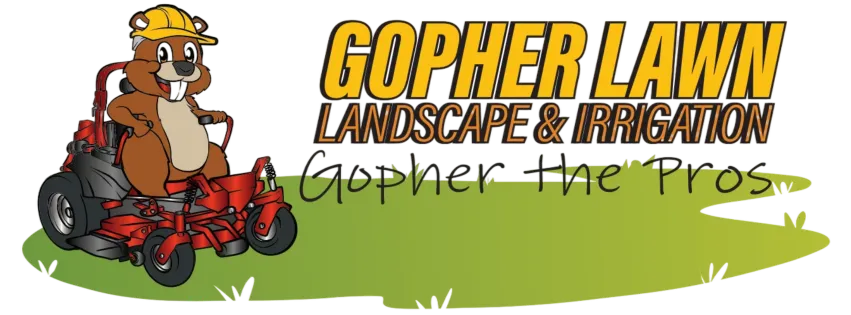CALL (251) 965-LAWN TODAY!
Call us now | (251) 965-LAWN | [email protected]

How Much Water Does My Yard Actually Need?
Watering your yard seems like a straightforward task, but knowing exactly how much water your garden truly requires can be anything but simple. The answer isn’t just about keeping your plants alive but also about conserving water and fostering a healthier garden. Here’s a breakdown of what you need to consider to determine the right amount of water for your yard.
Understand Your Soil Type
The type of soil you have plays a critical role in how well water is retained and absorbed. Clay soils, for instance, hold water longer but are slow to absorb it, which could lead to runoff if watered too quickly. Sandy soils, on the other hand, absorb water fast but don’t retain it well, requiring more frequent watering. Performing a simple soil test can tell you about your soil's type and help you adjust your watering strategy accordingly.
Consider the Climate
Your local climate is a major determinant of your watering needs. Yards in arid regions will need more frequent watering than those in humid climates. Also, consider the seasons; your watering schedule in the summer might be drastically different from what you'd use in cooler months. It’s important to adjust your watering based on rainfall patterns and seasonal changes.
Know Your Plants
Different plants have different water needs. Native plants often require less water than exotic species as they are adapted to the local environment. Grouping plants with similar water needs together can make watering more efficient and effective. Additionally, consider the life stage of the plants; young, newly planted flowers and trees will need more water to establish their roots compared to established ones.
Use Technology to Your Advantage
Technology can be a huge ally in efficient garden watering. Installing a smart irrigation system can help ensure that your garden gets the water it needs without overdoing it. These systems can adjust watering based on weather conditions, soil moisture, and even the type of plants you have.
Mulching: A Secret Weapon
Mulch isn’t just great for preventing weeds; it's also a champion at retaining soil moisture. By adding a layer of mulch around your plants, you can significantly reduce water evaporation and save on your watering bill. Organic mulches like bark or straw not only retain water but also break down over time to improve soil health.
Final Thoughts
Determining the right amount of water for your yard doesn’t have to be a guessing game. By understanding your soil, considering your local climate, knowing your plants, and using the right tools, you can develop a watering schedule that keeps your garden thriving while conserving water. Remember, more water isn’t always better; it's about finding the right balance.
With these tips, you’ll not only save water and money but also enjoy a healthier, more vibrant yard. Whether you’re a gardening novice or a seasoned green thumb, these strategies can help you make more informed decisions about watering your garden.
